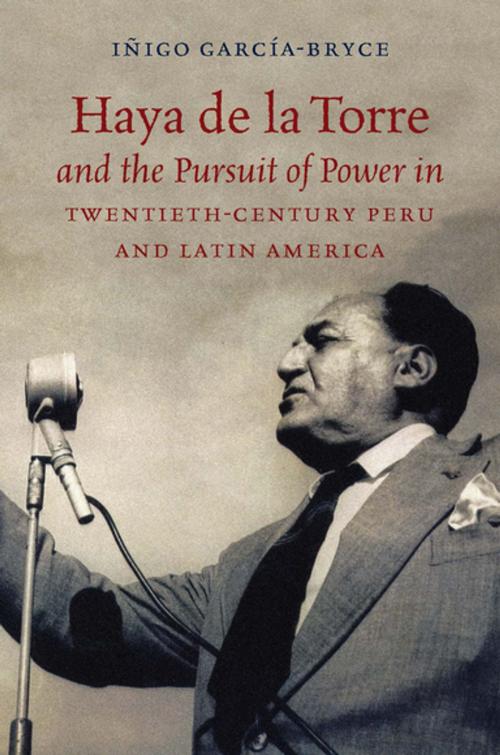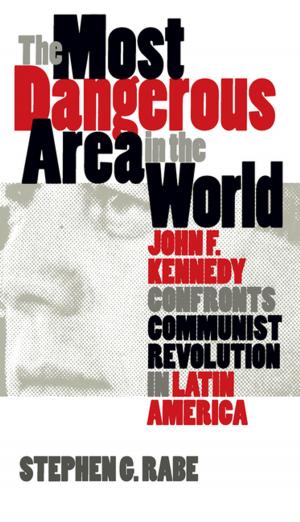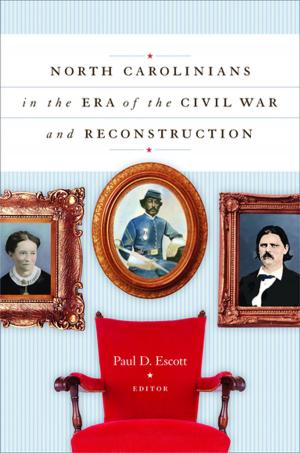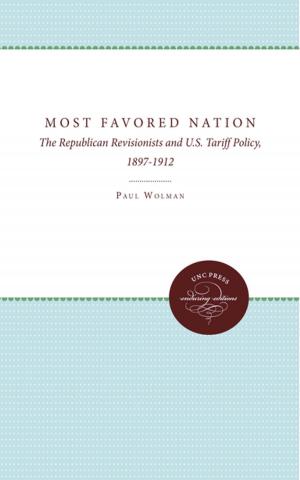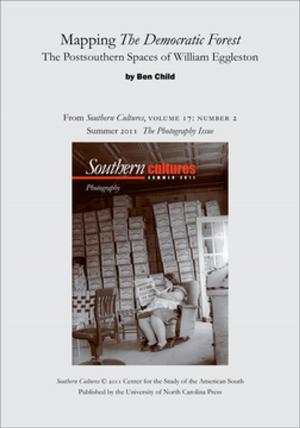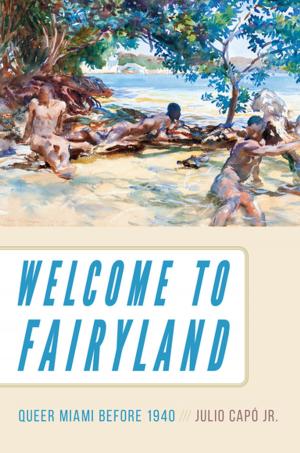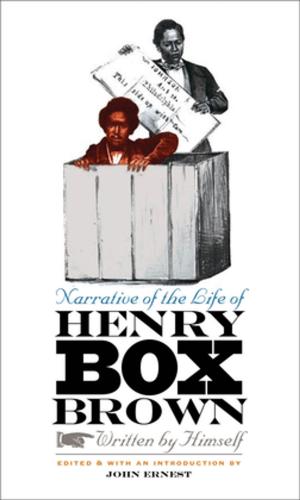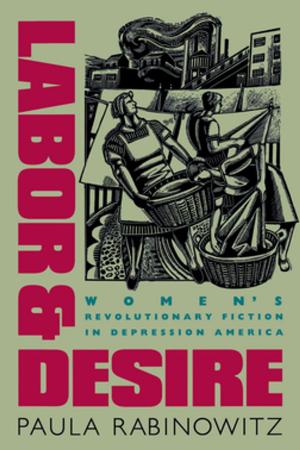Haya de la Torre and the Pursuit of Power in Twentieth-Century Peru and Latin America
Nonfiction, History, Americas, Latin America, Modern, 20th Century, Biography & Memoir| Author: | Iñigo García-Bryce | ISBN: | 9781469636603 |
| Publisher: | The University of North Carolina Press | Publication: | August 6, 2018 |
| Imprint: | The University of North Carolina Press | Language: | English |
| Author: | Iñigo García-Bryce |
| ISBN: | 9781469636603 |
| Publisher: | The University of North Carolina Press |
| Publication: | August 6, 2018 |
| Imprint: | The University of North Carolina Press |
| Language: | English |
Like Fidel Castro and Che Guevara, Peruvian Victor Raul Haya de la Torre (1895–1979) was one of Latin America's key revolutionary leaders, well known across national boundaries. Inigo Garcia-Bryce's biography of Haya chronicles his dramatic political odyssey as founder of the highly influential American Popular Revolutionary Alliance (APRA), as a political theorist whose philosophy shifted gradually from Marxism to democracy, and as a seasoned opposition figure repeatedly jailed and exiled by his own government. Garcia-Bryce spotlights Haya's devotion to forging populism as a political style applicable on both the left and the right, and to his vision of a pan-Latin American political movement.
A great orator who addressed gatherings of thousands of Peruvians, Haya fired up the Aprismo movement, seeking to develop "Indo-America" by promoting the rights of Indigenous peoples as well as laborers and women. Steering his party toward the center of the political spectrum through most of the Cold War, Haya was elected president in 1962—but he was blocked from assuming office by the military, which played on his rumored homosexuality. Even so, Haya's insistence that political parties must cultivate Indigenous roots and oppose violence as a means of achieving political power has left a powerful legacy across Latin America.
Like Fidel Castro and Che Guevara, Peruvian Victor Raul Haya de la Torre (1895–1979) was one of Latin America's key revolutionary leaders, well known across national boundaries. Inigo Garcia-Bryce's biography of Haya chronicles his dramatic political odyssey as founder of the highly influential American Popular Revolutionary Alliance (APRA), as a political theorist whose philosophy shifted gradually from Marxism to democracy, and as a seasoned opposition figure repeatedly jailed and exiled by his own government. Garcia-Bryce spotlights Haya's devotion to forging populism as a political style applicable on both the left and the right, and to his vision of a pan-Latin American political movement.
A great orator who addressed gatherings of thousands of Peruvians, Haya fired up the Aprismo movement, seeking to develop "Indo-America" by promoting the rights of Indigenous peoples as well as laborers and women. Steering his party toward the center of the political spectrum through most of the Cold War, Haya was elected president in 1962—but he was blocked from assuming office by the military, which played on his rumored homosexuality. Even so, Haya's insistence that political parties must cultivate Indigenous roots and oppose violence as a means of achieving political power has left a powerful legacy across Latin America.
